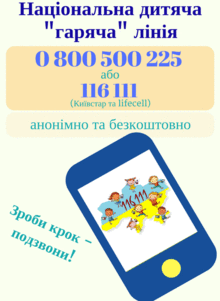
Випуск 2010
11 физико-математический
Батаева Юлия
Валиулов Тимур
Васильева Валерия
Гребенюк Анна
Игнатьев Дмитрий
Клюева Анна
Непорожняя Дарья
Силич Артем
Тихвинский Илья
Триноженко Дарья
Чалюк Анна
Шевченко Оксана
Шиян Олег
Шкробот Родион
11 химии и биологии
Белоусов Илья
Голуб Мария
Гудари Альвин
Змиевская Юлия
Кейсерман Эдуард
Кравченко Дмитрий
Лыганова Эльвира
Порада Николай
Радченко Кирил
Саропас Яна
Трепашко Александр
Трубицина Наталья
11 истории и права
Бронина Мария
Будагова Хейранса
Велиев Ельнур
Вороной Алексей
Гонтаровская Виктория
Еременко Евгения
Изотов Леонид
Исакова Анна
Калиниченко Анастасия
Кодинец Станислав
Комарков Владимир
Костенко Карина
Маляр Елена
Омаров Анвер
Радченко Дмитрий
Рыбка Валерия
Роман Евангелина

